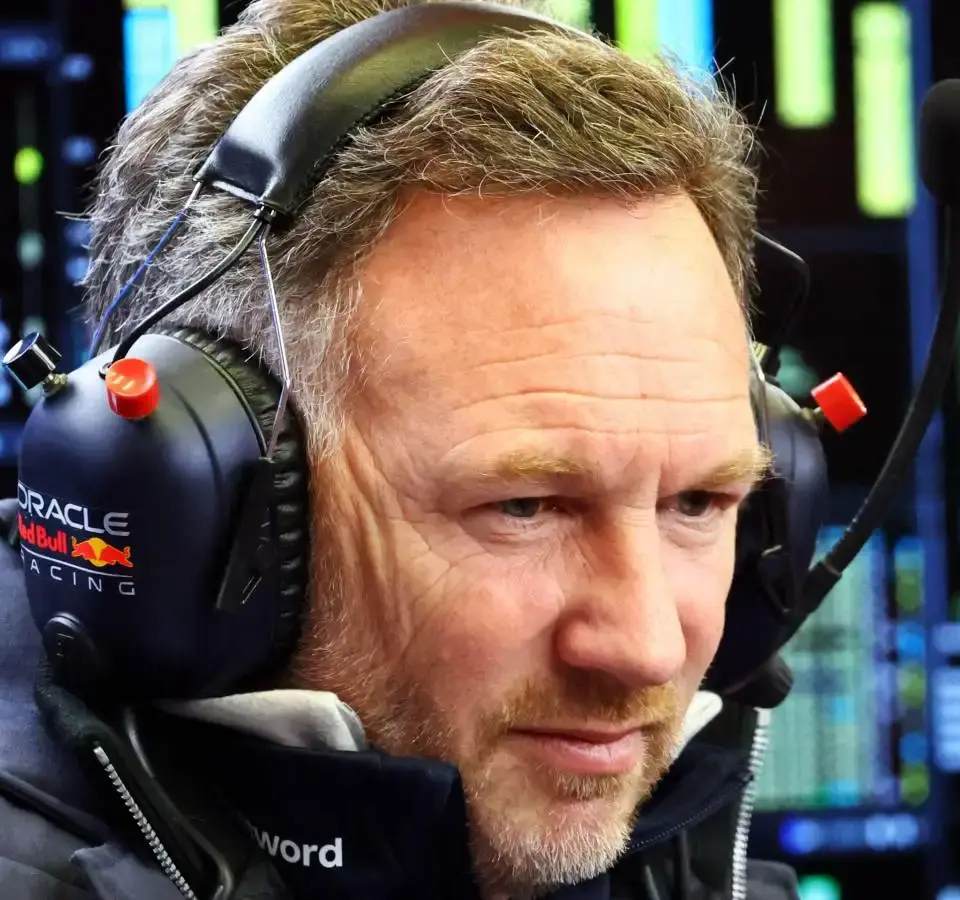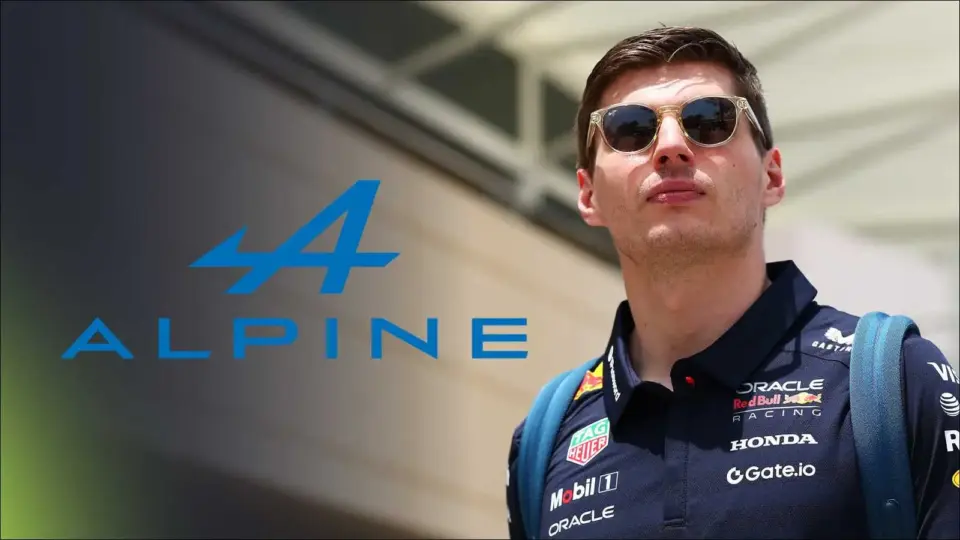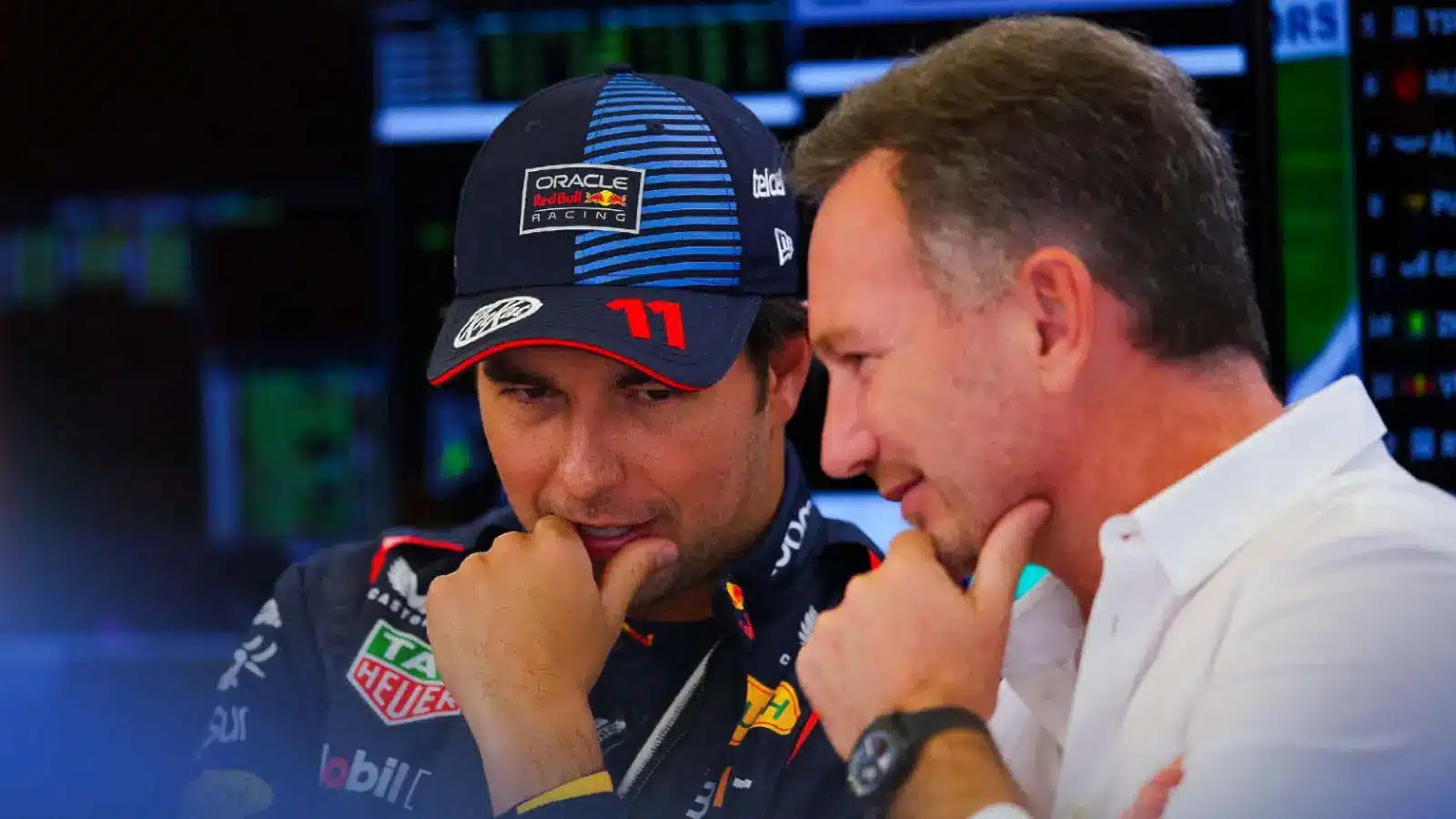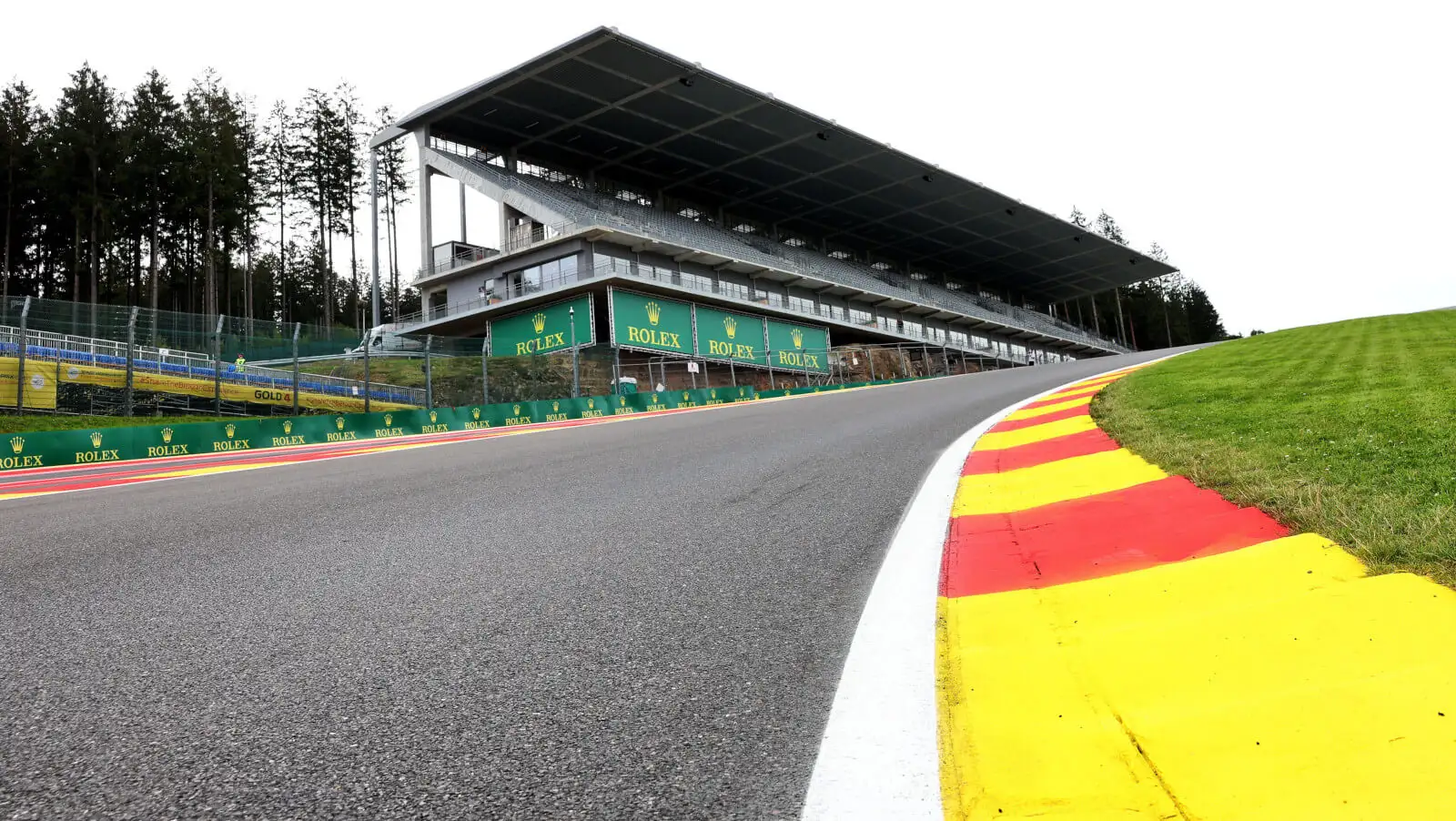The world of Formula 1 is no stranger to challenges, and the potential new tariffs proposed by Donald Trump are the latest storm to weather. These tariffs could shake up the global trade norms upon which this sport relies. How will this affect the teams and their operations? Let’s explore.
As the dust settles, questions loom on the horizon for Formula 1’s future in the face of these tariffs. Team principals like Christian Horner are already pondering the ripple effects on this high-octane sport. Could these tariffs steer F1 towards a more cost-effective and sustainable future? The answers are as thrilling as a last-lap showdown.
Tariffs: A New Challenger Appears
The mention of tariffs by President Trump has cast a shadow over global trade, and Formula 1 is no exception. While the full impact remains uncertain, the idea alone is enough for teams to weigh their options. The 10% tariff proposed in April could disrupt supply chains, affecting how teams build and transport their cars around the world.
Christian Horner’s Perspective
Horner emphasizes the need for Formula 1 to future-proof itself. He discusses the potential of adopting more cost-effective engines that align with sustainability goals. “What is the spec? Is it a V10 or a V8? These are critical questions everyone wants resolved,” he stated. His thoughts echo across the paddock as teams brace for potential changes.
Planning for Uncertainty
The influence of American brands in F1 is potent. Teams like Haas and manufacturers including Ford and Cadillac have vested interests here. Any tariff could complicate their involvement, impacting everything from sponsorship deals to technological collaborations. The sector watches closely, mindful of economic ties and competitive edges.
The Push Toward Sustainability
The rise of interest in electric and hybrid technologies sees teams exploring alternatives. However, complexities around cost and performance remain daunting. Consistent progress could redefine F1’s competitive landscape, urging teams to balance tradition with technological advancement.
Liberty Media’s Role
Liberty’s influence extends beyond finances. Their marketing power shapes public perception, increasing the sport’s appeal. A stronger F1 presence in the US market hinges on strategic responses to tariffs. This could redefine fan engagement, with increased viewership and sponsorship opportunities enhancing the overall spectacle.
The Role of the FIA
How tariffs might alter this landscape is speculative, yet proactive leadership could mitigate potential pitfalls. The FIA’s adaptive approach to evolving scenarios remains crucial. Horner’s confidence hinges on their ability to steer F1 through these transformative times.
Voices from the Paddock
A focus on technological advancements within budget constraints is vital. The pressure to innovate without inflating costs demands meticulous planning. As teams prepare for an uncertain future, a balanced approach becomes essential to preserving the sport’s legacy and forward momentum.
Economic Implications for Teams
Smaller teams might bear the brunt of financial adjustments, facing challenges in maintaining competitiveness. The economic ripple effect extends beyond entry fees and extends to staffing and logistical operations. This dynamic underscores the need for sustainable economic policies within F1.
Will the Tariffs Stall F1’s Momentum?
The excitement surrounding F1’s future is tempered by cautious optimism. The balance between maintaining competitive thrill and navigating economic changes is delicate. As the situation evolves, teams remain vigilant, prepared to react to unforeseen developments that may arise from tariff policies.
Charting the Course Ahead
Tariffs represent just one of many variables in this dynamic equation. As teams strategize, they emphasize flexibility, ensuring readiness to tackle challenges. The union of technological advancement with strategic foresight will determine the sport’s trajectory.
Global Trade and the Competitive Edge
Navigating this terrain involves maintaining high performance levels while adapting to evolving market conditions. Team leaders recognize the importance of aligning economic strategies with sporting ambitions, a balance vital for sustained success.
Balancing Tradition and Innovation
Through these challenges, F1 stands poised to lead in technological adaptation. The journey through tariffs and beyond reveals an arena built on resilience, ready to continue its legacy of speed and excellence.
As Formula 1 braves the turbulence of potential tariffs, its future remains bright. Through collaboration and innovation, the sport will continue to thrive, balancing tradition and modern demands.
With leaders like Christian Horner at the helm, Formula 1 is poised to navigate these challenges, ensuring its legacy for generations to come.









